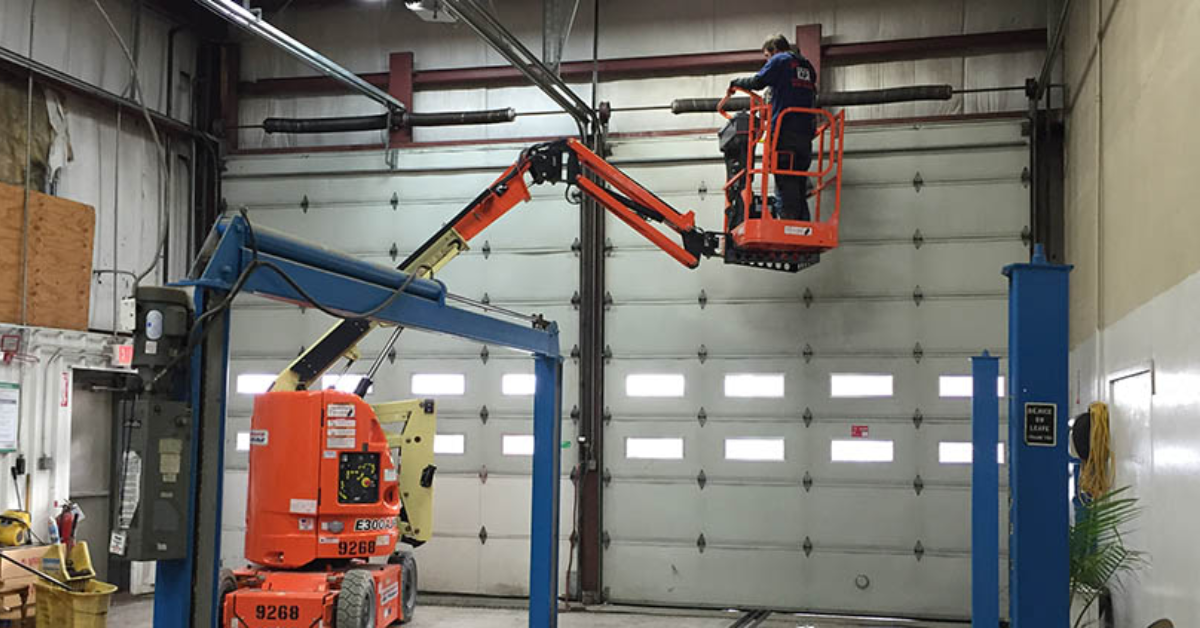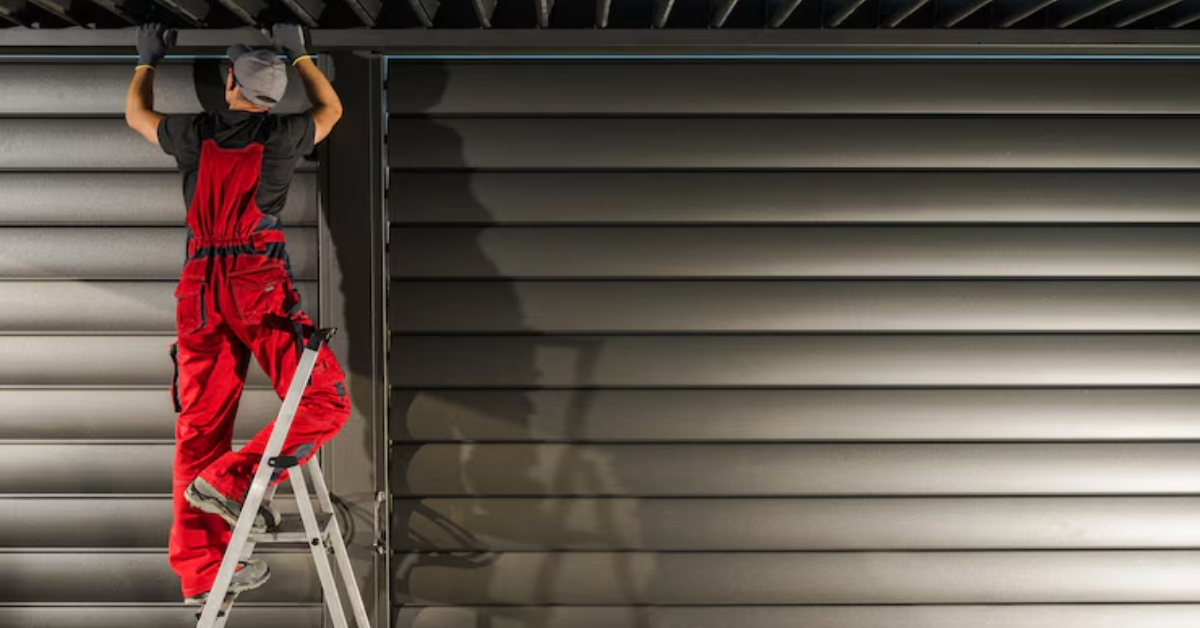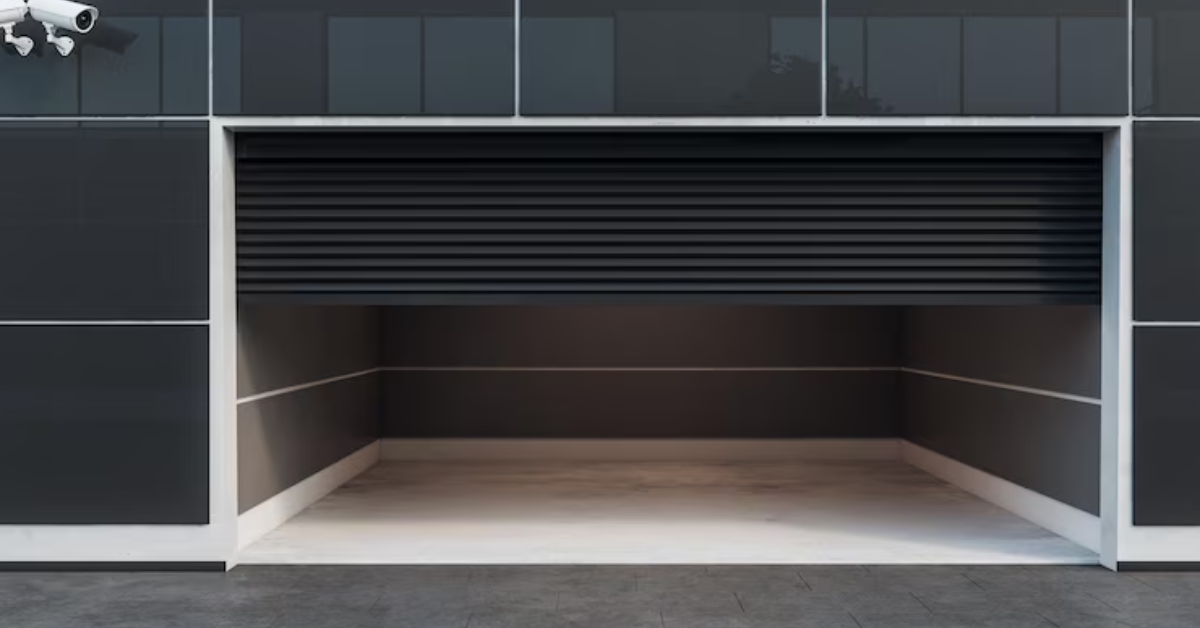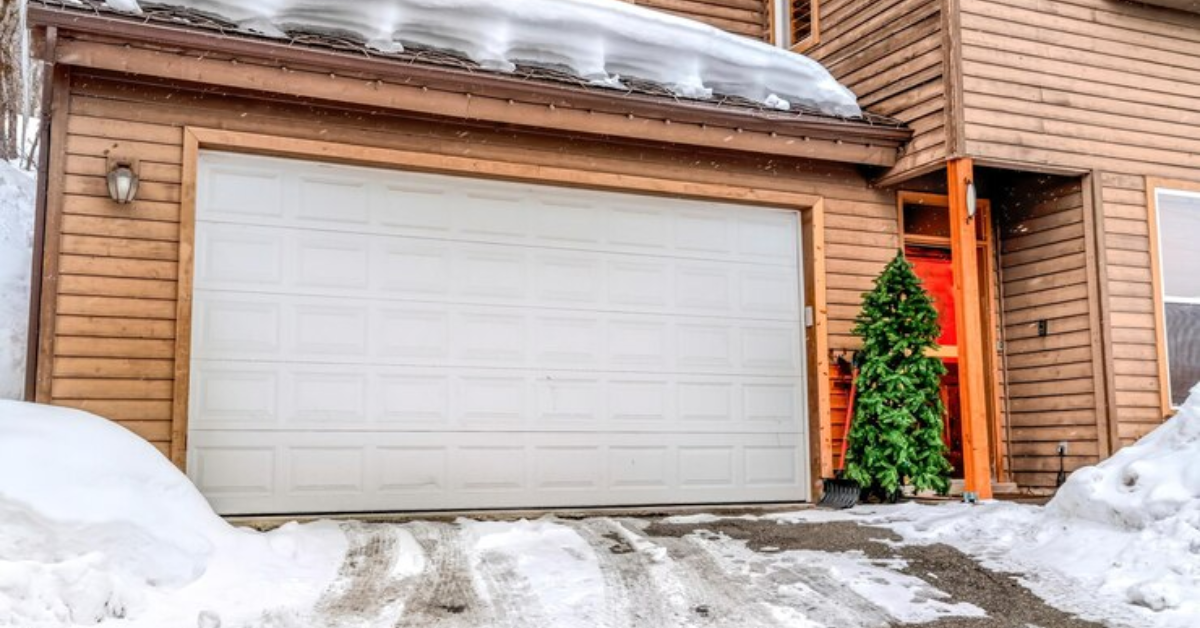The Importance of Regular Maintenance for Commercial Garage Doors
Commercial garage doors are critical assets for any business, contributing to security, accessibility, and overall functionality. These doors are the gateways to business premises, providing the first line of defense against unauthorized access and playing a pivotal role in regulating the flow of people and goods. Whether it’s a robust steel door protecting valuable inventory or an automatic sliding door welcoming customers, each type of commercial door serves a specific purpose and requires meticulous upkeep to perform optimally.
Proper maintenance of these doors is essential, not only for ensuring smooth operation but also for preventing unexpected failures that can lead to significant disruptions and costly repairs. Regular maintenance checks can identify and address potential issues before they escalate, thus safeguarding the business from the financial strain of emergency repairs and replacements. Well-maintained doors also enhance the safety and security of the premises, contributing to a safer environment for employees, customers, and visitors alike.
In this article, we delve into the various aspects of regular maintenance for commercial garage doors and why it is essential for businesses to prioritize it. We will explore how routine inspections, timely repairs, and proactive care can extend the lifespan of commercial doors, improve energy efficiency, and ensure compliance with safety regulations. By understanding the importance of maintaining commercial doors, businesses can make informed decisions that enhance their operational efficiency and protect their investments.
Providing Safety and Security
One of the primary reasons for maintaining commercial doors is to ensure the safety and security of the premises. Regular inspections and maintenance help identify potential vulnerabilities that could be exploited by unauthorized individuals. A well-maintained door with functioning locks and security systems is a strong deterrent against break-ins and theft.
Poorly maintained doors can lead to accidents and injuries. Hinges, springs, and other mechanical components can wear out over time, causing doors to become misaligned or difficult to open and close. Regular maintenance checks ensure that all components are in good working condition, reducing the risk of accidents and ensuring compliance with safety regulations.
Enhancing Operational Efficiency
Operational efficiency is crucial for any business, and commercial doors play a significant role in this aspect. Doors that are regularly maintained operate smoothly, reducing downtime and disruptions. This is particularly important for businesses that experience high foot traffic, such as retail stores, hospitals, and office buildings.
Reducing Downtime
Unexpected door failures can lead to significant downtime, impacting productivity and customer satisfaction. Proactive maintenance helps identify and address issues before they become major problems, ensuring that doors are always functional and available for use. This not only minimizes disruptions but also extends the lifespan of the doors.
Improving Energy Efficiency
Commercial doors also contribute to the energy efficiency of a building. Properly maintained doors provide better insulation, preventing drafts and reducing the load on heating and cooling systems. This can result in substantial energy savings, lowering operational costs for the business.
Extending Door Lifespan
Investing in regular maintenance can significantly extend the lifespan of commercial doors. Wear and tear are inevitable, but regular maintenance helps mitigate their effects. By addressing minor issues promptly, businesses can avoid the need for expensive replacements and ensure their doors remain in good condition for longer. While it may seem like an additional expense, regular maintenance is a cost-effective solution in the long run. The costs associated with maintenance are typically lower than those incurred from emergency repairs or replacements. Businesses that prioritize maintenance can achieve better budget management and avoid unexpected expenditures.
Compliance with Regulations
Businesses are required to comply with various safety and accessibility regulations. Regular maintenance of commercial doors ensures that they meet these standards, avoiding potential fines and legal issues. This is particularly important for doors that serve as emergency exits or are part of the building's fire safety systems.
Fire safety is a critical concern for any commercial building. Fire doors and exits must be regularly inspected to ensure they are functional and free from obstructions. Regular maintenance helps businesses comply with fire safety regulations and provides peace of mind knowing that their premises are safe.
Improving Aesthetic Appeal
The appearance of commercial doors can impact the overall aesthetic appeal of a building. Well-maintained doors contribute to a professional and welcoming environment, enhancing the business's image. Regular cleaning and minor repairs, such as repainting or replacing worn-out handles, can make a significant difference in the building's overall appearance.
Positive Customer Impressions
First impressions matter, and the condition of a building's doors can influence customers' perceptions. Clean and well-maintained doors convey a sense of professionalism and attention to detail, which can positively impact customer experiences and brand reputation. This is particularly important for businesses that rely on foot traffic, such as retail stores and restaurants.
Conclusion
The importance of regular maintenance for commercial doors cannot be overstated. From ensuring safety and security to enhancing operational efficiency and extending the lifespan of the doors, the benefits are numerous. Businesses that prioritize regular maintenance can avoid costly repairs, comply with regulations, and create a positive impression on customers.




